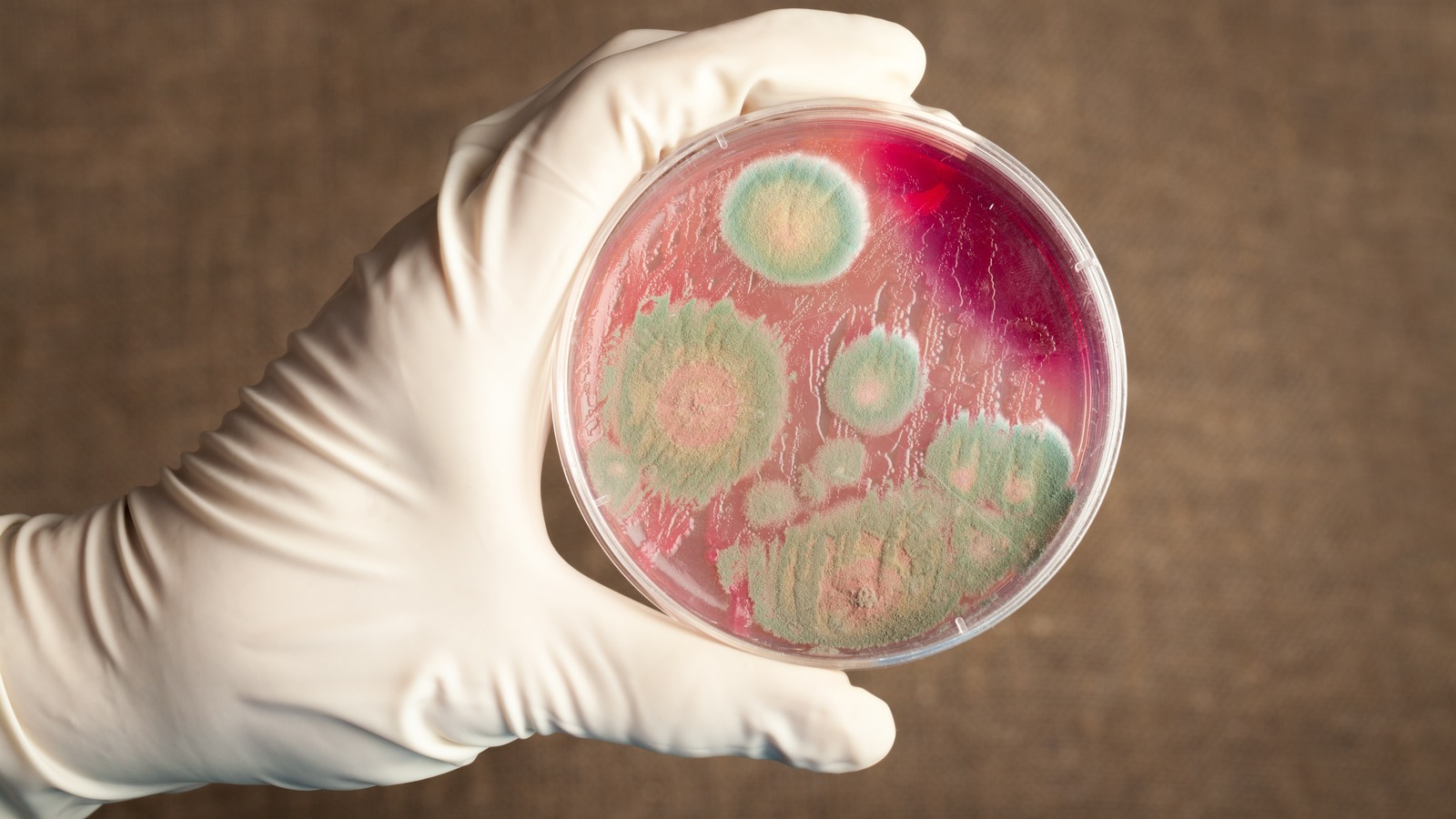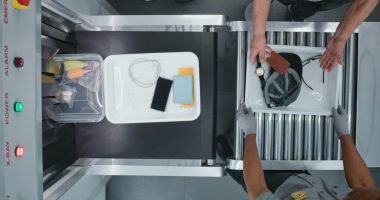
Among the evidence offered by Haigwood and others as to why Ivins should be considered a suspect were Ivins’ continued unusual behaviors, including vandalism, stalking, and a grudge against the Kappa Kappa Gamma sorority, of which Haigwood belonged while in college, The New York Times reports. He also allegedly forged a letter in Haigwood’s name while in college. Evidence later emerged that Ivins’ obsessions with the Kappa Kappa Gamma could relate to Haigwood spurning his romantic advances. He even later admitted that he thought of killing her, as the Los Angeles Times reports. It was even determined that several of the anthrax-laced letters were mailed from Princeton, New Jersey, near a Kappa Kappa Gamma chapter house, according to Slate.
Haigwood aside, other signs of Ivins’ mental health challenges were evident. This included a number of different emails in which he spoke openly of his mental health challenges, and in one case, he mentioned that his mother possibly had undiagnosed schizophrenia. His behavior caused great concern for mental health professionals who worked with him.
Read Related Also: I'm a Celebrity, Get Me Out of Here! castle becomes centre of row – 200-year-old wall knocked down
With Hatfill proving to be a dead end, the FBI reached back out to Haigwood in 2006 regarding Ivins. He was now a person of interest. Alarming personal behavior notwithstanding, what the person guilty of the anthrax attacks would need more than anything else was access to large amounts of anthrax spores, which is something that Ivins had.
If you or someone you know needs help with mental health, please contact the Crisis Text Line by texting HOME to 741741, call the National Alliance on Mental Illness helpline at 1-800-950-NAMI (6264), or visit the National Institute of Mental Health website.







